Two job offers might sound like a dream come true – but which one do you say no to?
Some practices might give you up to a week to decide, but you still need to make sure you get a good idea of whether you’re interested during the interview process and respond as quickly as possible. You don’t want to look indecisive, and taking too long to respond could even result in the offer being withdrawn.
Think long-term
One of the main reasons vets change roles is to build their career, so think about your long-term career ambitions before you decide. What’s your end goal, and which role will move you further towards it?
Watch out for ‘push’ factors
What pushed you to leave your old job? If the new role doesn’t address those issues, you could find yourself wanting to leave all over again – or wishing you’d stayed put.
Check your work/life balance
How will each role affect your life outside work? Consider factors like the location, commute, and hours, including on-call hours. While this might be less important if you don’t have any family responsibilities, it’s never unimportant, especially in a field as exhausting as veterinary work.
Consider the culture
Workplace culture is critical when deciding between two job offers. Which is better depends on you – where do you feel you’d fit in best? Which reminds you of places you’ve enjoyed working in the past? Talk to any contacts who can give you an insider account of what it’s like at each practice, and don’t forget to check out Glassdoor.
Remember the interview
An interview isn’t the same as a regular workday, but it should give you an idea of what to expect and a basic sense of the culture.
Look beyond salary
Obviously, the salary on offer is important, but don’t let it be the only deciding factor. Consider the non-monetary perks of each job, such as more responsibility or exposure. Think about which you’d choose if the financial package was the same for each.
Trust your gut
If you’ve done your research on the practices and the specific jobs on offer, and asked sensible questions at the interview, you should have all the information you need to make a sound decision. But if the pros and cons seem to be equal on each side, it’s time to go with your gut. Any job change comes with risks; sometimes you just have to take a leap of faith.
Working with a recruiter enables us to find out more about the practice and about you. We can lay out the pros and cons and tell you where you align or differ from one another. The more you find out about the practice the better-informed decision you can make and therefore lead to a long and happy career. Allow us to find out more about your potential career and assist with negotiations, get in touch.








